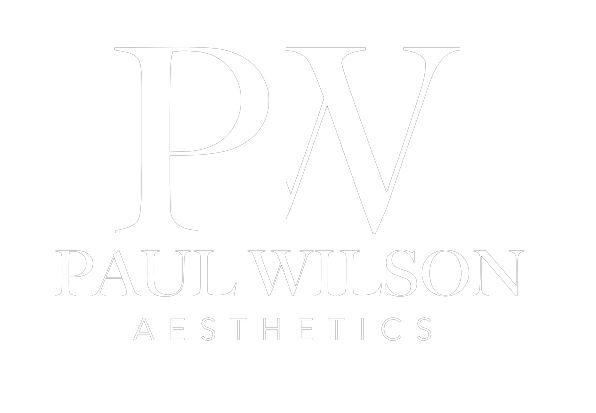Paul’s Top 10 Recovery Tips
The days and weeks after your cosmetic surgery can be challenging for some patients.
On the one hand, the hardest part – the surgery – is over and you can look forward to enjoying your new image. On the other hand, you may be in some discomfort and feel frustrated about having to limit your normal activity for a little while.
As a trusted plastic surgeon in Bristol, I have a few quick tips that I share with my patients to help them in their recovery…
- Get help.
Ask a friend or family member to be on hand in the first few days after your op. You’ll be glad of the extra pair of hands!
- Dose up.
If you’re in pain, take painkillers. Many patients try to ‘soldier on’ but this can actually mean it takes you longer to heal.
- Avoid salt.
Steer clear of very salty foods while you are recovering. This can help any swelling go down quicker.
- Ice packs.
Keep a number of ice packs (or bags of frozen peas, if you prefer!) in your freezer. They can be handy for reducing swelling and pain.
- Flag up concerns.
If something is worrying you during your recovery, don’t stay quiet. As a plastic surgeon Bristol, I ask all my patients to contact me with any concerns at any time. Better safe than sorry, after all.
- Do what you’re told!
This sounds obvious, but many patients fail to follow the instructions from their surgeon after their op – and feel worse for it. If you’ve been told to rest for 72 hours, do it. Doctor’s orders!
- Keep busy.
You might not be used to not doing very much and it can be frustrating. To keep your mind occupied, watch movies, read books or call up an old friend for a long catch-up.
- Don’t peek.
You’re going to feel very excited about seeing the results of your surgery, but leave it to your surgeon to remove bandages and stitches when the time is right. Be patient.
- Stay calm.
As a plastic surgeon in Bristol, I know that patients who remain calm and positive generally enjoy a speedier and easier recovery. Try meditation or positive visualisation if you feel anxiety setting in.
- Massage
Once your sutures or stitches and bandages are removed and the skin is healed, many patients rub vitamin E oil into the skin to reduce the chance of scarring.
